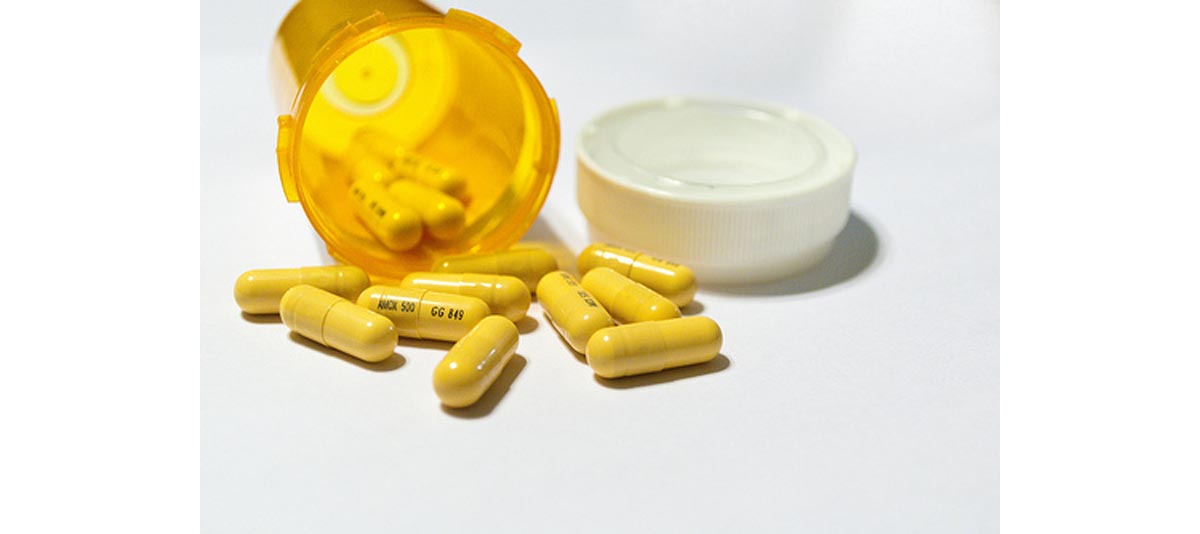Table of Contents
The majority of health apps are aimed at helping people monitor their health. Particularly those with long-term diseases such as diabetes, and heart and lung diseases (like asthma and chronic obstructive pulmonary disease or COPD). Many of these apps are genuinely useful and have the potential to help patients manage their health better.

Typically the data they collect is recorded and stored electronically and can then be downloaded to a computer and shown graphically – highlighting changes.
This may lead to better management of patients’ health.
Some of the most popular types are for monitoring diabetes and helping patients manage it. Typically these apps allow patients to measure and electronically record blood glucose levels, which are an important aid to effective management of the disease. The apps can calculate medication doses such as insulin in relation to information such as blood glucose reading, food eaten and exercise. Some include useful information such as the calories and nutritional content of food helping people with diabetes to manage their diet.
Some of the apps work via electronic devices attached to the smartphone, such as a peak flow meter for monitoring lung function in asthma. Others are able to measure heart rate and rhythm or oxygen saturation in the blood via devices. Measurements can be recorded, charted and sent by the app to the physician, who can then advise on treatment adjustments.
The apps have sensors (accelerometors) which can detect when a person has fallen down. They then give out an audible prompt and if the person does not respond to it, the app automatically calls emergency services.
General health management
Apps aimed at general health management, include those for medicines management. These enable you to list your medications, dosage and when it’s taken. It will then prompt you to take your tablets at the right time. They also remind you to request a repeat prescription from your doctor and can send the request to your doctor’s office. Some can be connected to your local pharmacy so that they receive and dispense your new prescription automatically.
Other health-related apps will track calories eaten, or miles walked or run or even advise on diet.
How can you tell which apps are reliable?
Apps are currently unregulated although the FDA plans to introduce some regulations later this year. But most likely these will apply to apps which work through devices connected to your smartphone.
Some charities such as the Red Cross, for example, have apps and are likely to be responsible about recommending them. Also look out for reviews of apps on the internet or among your peers.
Rubbish in, rubbish out!!
Where apps rely on data you input, they will only be as reliable as the data you enter. So be honest about how many cakes you had/cigarettes you smoked! Also always remember that an app is not your doctor and does not have his/her training and experience. So if in any doubt about your health always speak to your doctor.
What has changed in 2022?
Not only have we all had time to adjust to smartphone ownership, with an entire generation growing up practically glued to the things since this article was first published, the COVID-19 pandemic has also normalized telehealth in various forms. The internet has moved away from being a decentralized and chaotic space and has become more and more concentrated in the hands of jus ta few platforms, as well.
Apps are perhaps an exception — it's still possible to create a nice-looking but functionally useless app that people will rely on and pay for, while harvesting (and selling) all their personal data.
If you're using your phone to monitor your health, you're not alone. In 2022, the benefits of health apps are apparent to all of us, just like their pitfalls are. We don't need to tell you that you can get apps on your phone anymore. Instead, a reminder that your physical doctor has knowledge that most app develops don't is more prudent.
- www.imedicalapps.com/
- www.guardian.co.uk/lifeandstyle/2013/jan/20/should-i-use-health-apps
- www.eurekalert.org/pub_releases/2013-01/jaaj-saa011413.php#
- www.biomedcentral.com/1472-6947/12/67


Your thoughts on this